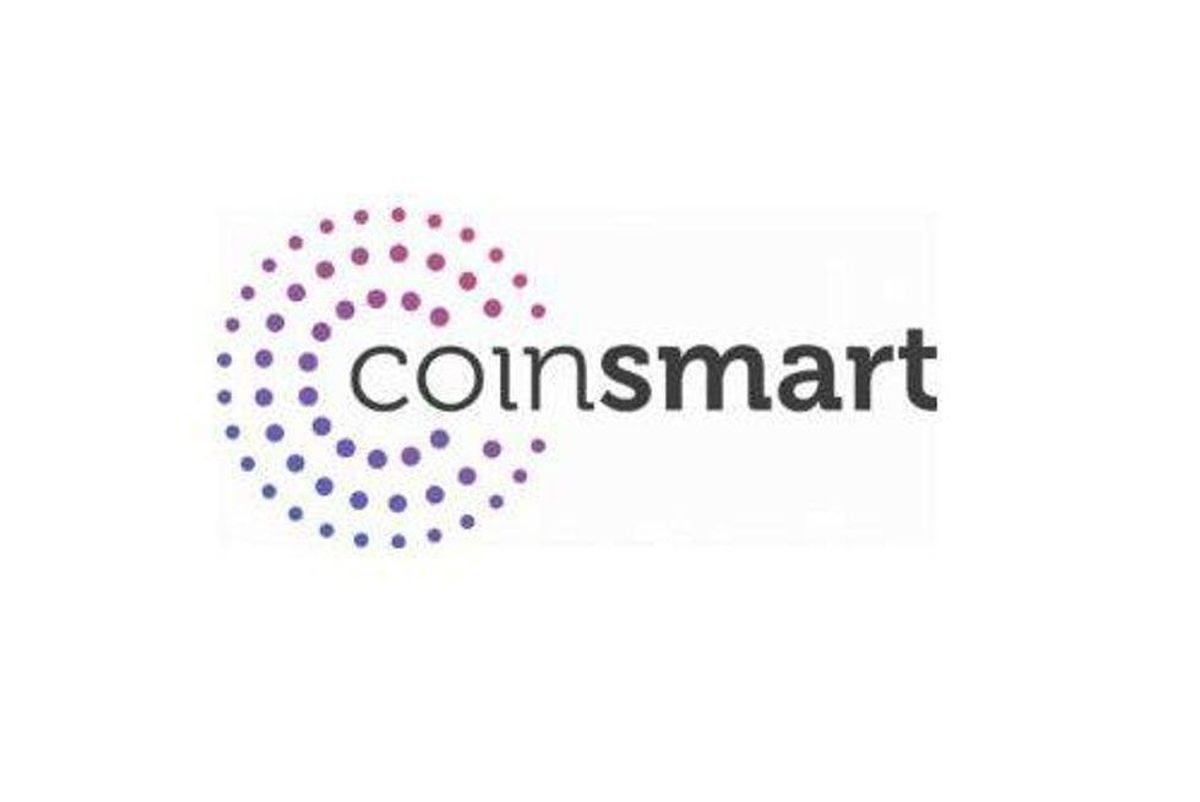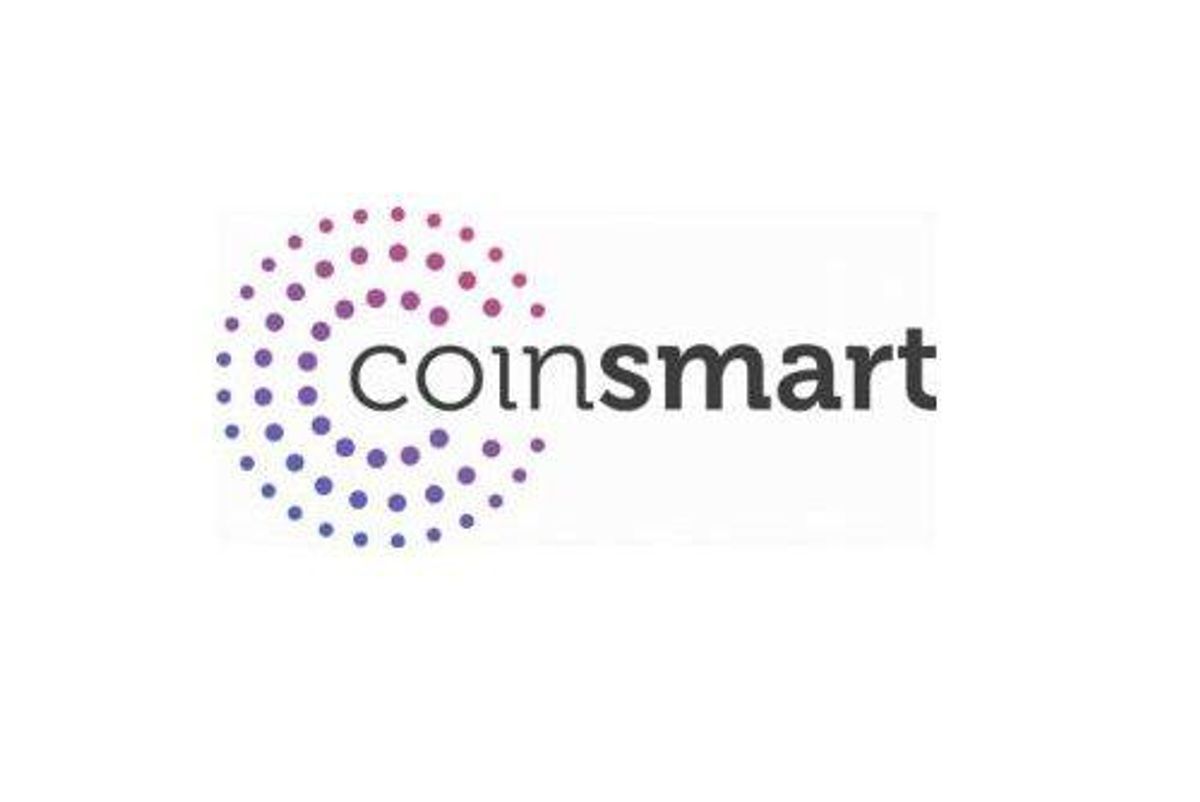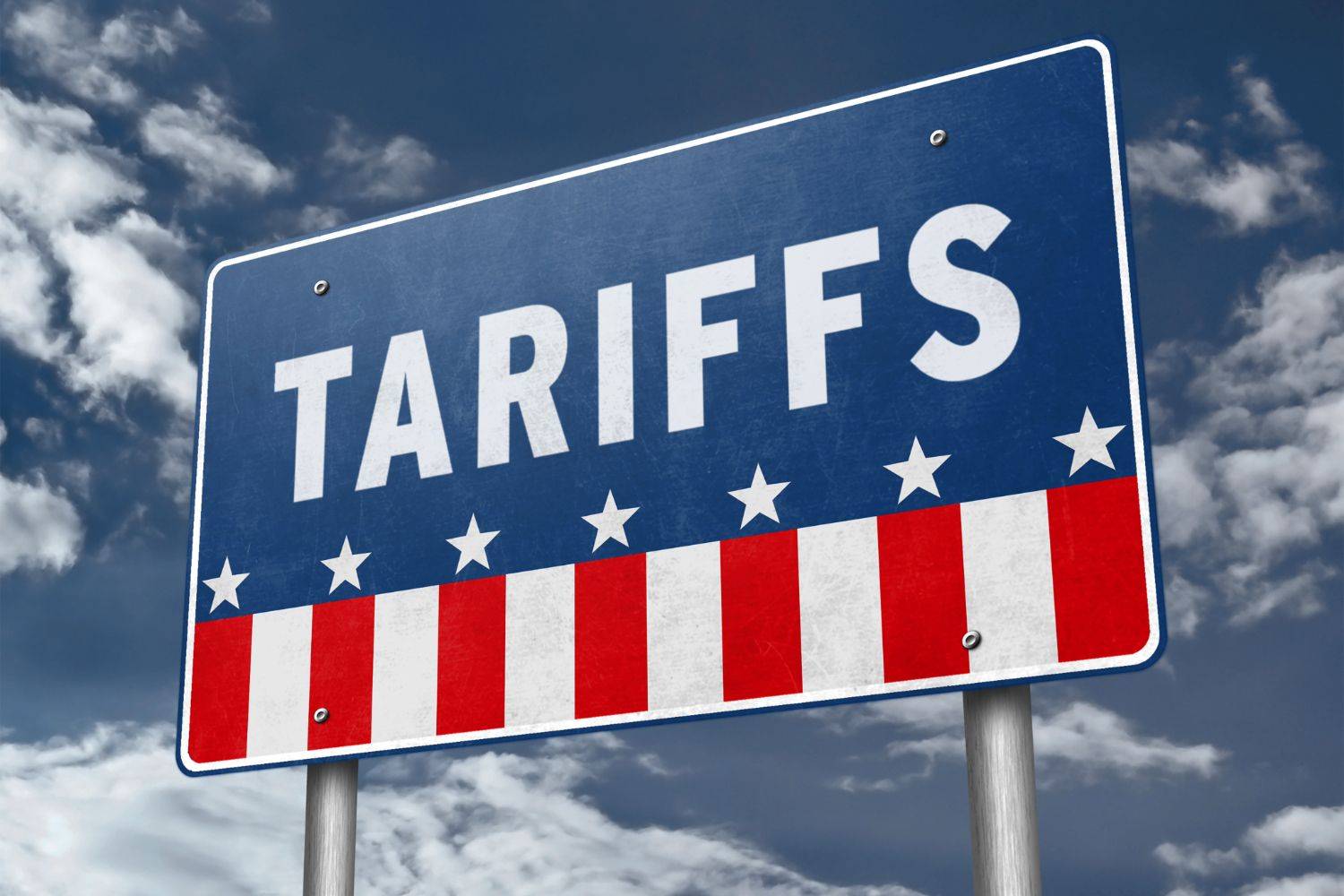
November 30, 2021
Record Cash of 18MM and Crypto Assets of 3MM for a total of $21 Million ($0.35 per share) on Balance Sheet
Toronto, Ontario--(Newsfile Corp. - November 30, 2021) - CoinSmart Financial Inc. (NEO: SMRT) (FSE: IIR) ("CoinSmart"), a leading Canadian headquartered crypto asset trading platform, today announced record preliminary unaudited monthly revenue in October 2021 of approximately $1.8 million[1]. This represents a 24% increase compared to September 2021 and was primarily driven by increased trading volume.
October 2021 Highlights:
- Record Monthly Revenue of $1.8MM
- Record Assets Under Management (AUM) of $74MM
- Cash Flow Positive
- Approx $18MM in cash and cash equivalents and $3MM in crypto assets for a total of $21 million ($0.35 per share)[2] as at November 29, 2021
- No debt
CoinSmart CEO Justin Hartzman commented:
"October was a tremendous month for CoinSmart as we achieved record revenue, assets under management and company cash and crypto assets on our balance sheet. This bodes well for Q4 as our team continues to work feverishly to make crypto currency accessible to all."
From time to time the company may report on any new records it achieves on key performance metrics[3].
About CoinSmart
CoinSmart is a leading Canadian-headquartered crypto asset trading platform dedicated to providing customers with an intuitive way for buying and selling digital assets, like Bitcoin and Ethereum. CoinSmart is one of the few crypto asset trading platforms in Canada to be registered as a securities dealer with the Ontario Securities Commission. CoinSmart is also one of the first Canadian headquartered trading platforms to have an international presence, accepting customers across 40+ countries at a time when the digital asset industry continues to rapidly expand.
Cautionary Note Regarding Forward-Looking Information and Other Disclosures
This press release contains statements that constitute "forward-looking information" ("forward-looking information") within the meaning of the applicable Canadian securities legislation. All statements, other than statements of historical fact, are forward-looking information and are based on expectations, estimates and projections as at the date of this news release. Any statement that discusses predictions, expectations, beliefs, plans, projections, objectives, assumptions, future events or performance (often but not always using phrases such as "expects", or "does not expect", "is expected", "anticipates" or "does not anticipate", "plans", "budget", "scheduled", "forecasts", "estimates", "believes" or "intends" or variations of such words and phrases or stating that certain actions, events or results "may","could", "would", "might" or "will" be taken to occur or be achieved) are not statements of historical fact and may be forward-looking information. In disclosing the forward-looking information contained in this news release, the Company has made certain assumptions. Although the Company believes that the expectations reflected in such forward-looking information are reasonable, it can give no assurance that the expectations of any forward-looking information will prove to be correct. Known and unknown risks, uncertainties, and other factors may cause the actual results and future events to differ materially from those expressed or implied by such forward-looking information. Such factors include, but are not limited to: regulatory approvals. Accordingly, readers should not place undue reliance on the forward-looking information contained in this news release. Except as required by law, the Company disclaims any intention and assumes no obligation to update or revise any forward-looking information to reflect actual results, whether as a result of new information, future events, changes in assumptions, changes in factors affecting such forward-looking information or otherwise.
Financial Outlook
This press release contains a financial outlook within the meaning of applicable Canadian securities laws. The financial outlook has been prepared by management of the Company to provide an outlook for the revenue of CoinSmart during October 2021 and may not be appropriate for any other purpose. The financial outlook has been prepared based on a number of assumptions including the assumptions discussed under the heading "Cautionary Note Regarding Forward-Looking Information and Other Disclosures" above and assumptions with respect to market conditions, pricing, and demand. The actual results of CoinSmart's operations for any period will likely vary from the amounts set forth in these projections and such variations may be material. CoinSmart and its management believe that the financial outlook has been prepared on a reasonable basis. However, because this information is highly subjective and subject to numerous risks, including the risks discussed under the heading "Cautionary Note Regarding Forward-Looking Information and Other Disclosures" above, it should not be relied on as necessarily indicative of future results.
This news release does not constitute an offer to sell or a solicitation of an offer to buy any of the securities in the United States. The securities have not been and will not be registered under the U.S. Securities Act or any state securities laws and may not be offered or sold within the United States or to U.S. Persons unless registered under the U.S. Securities Act and applicable state securities laws or an exemption from such registration is available.
For further information please contact:
Justin Hartzman
Chief Executive Officer
E-mail:justin@coinsmart.com
Tel.: (647) 923-7678
[1] All figures stated above are preliminary, unaudited and subject to final adjustment.
[2] Based on 60,364,549 shares outstanding as of November 29th,2021
[3] See heading "Financial Outlook".
NOT FOR DISTRIBUTION TO U.S. NEWSWIRE SERVICES OR FOR DISSEMINATION IN THE UNITED STATES.
News Provided by Newsfile via QuoteMedia
The Conversation (0)
11 November 2021
CoinSmart Financial
Making Cryptocurrency Accessible
Making Cryptocurrency Accessible Keep Reading...
02 March
Crypto Market Update: Trump Demands Swift Passage of Clarity Act Amid Bank Pushback
Here's a quick recap of the crypto landscape for March 4 as of 9:00 a.m. UTC. Get the latest insights on Bitcoin, Ether and altcoins, along with a round-up of key cryptocurrency market news.Don't forget to follow us @INN_Technology for real-time news updates!Securities Disclosure: I, Meagen... Keep Reading...
26 February
Torrent Capital Provides Preliminary January Portfolio and Net Asset Value Update
Torrent Capital Ltd. (TSXV: TORR,OTC:TRRPF) ("Torrent" or the "Company") today released its January 2026 portfolio update and Net Asset Value ("NAV"). As of January 31, 2026, the company reported an estimated NAV of $32.9 million, or approximately $0.86 per share.January Portfolio Performance... Keep Reading...
25 February
Crypto Market Update: Bitcoin Pumps, Could Still Have Room to Run
Here's a quick recap of the crypto landscape for Wednesday (February 25) as of 9:00 p.m. UTC. Get the latest insights on Bitcoin, Ether and altcoins, along with a round-up of key cryptocurrency market news.Don't forget to follow us @INN_Technology for real-time news updates!Securities... Keep Reading...
23 February
Crypto Market Update: Trump’s Tariff Reset Jolts Bitcoin Below US$65,000
Here's a quick recap of the crypto landscape for Monday (February 23) as of 9:00 p.m. UTC. Get the latest insights on Bitcoin, Ether and altcoins, along with a round-up of key cryptocurrency market news.Don't forget to follow us @INN_Technology for real-time news updates!Securities Disclosure:... Keep Reading...
20 February
Crypto Market Update: White House Pushes for Compromise in Stablecoin Negotiations
Here's a quick recap of the crypto landscape for Friday (February 20) as of 9:00 p.m. UTC. Get the latest insights on Bitcoin, Ether and altcoins, along with a round-up of key cryptocurrency market news.Don't forget to follow us @INN_Technology for real-time news updates!Securities Disclosure:... Keep Reading...
19 February
Rapid Growth in Tokenized Assets: Bitget Doubles Daily TradFi Volume to US$4 Billion
Centralized crypto exchanges are blending TradFi with crypto, and the data shows it’s catching on fast.TradFi tokenization, where digital tokens represent traditional assets on a blockchain, allows investors to trade stocks, bonds, commodities and other off‑chain instruments on a crypto... Keep Reading...
Latest News
Interactive Chart
Latest Press Releases
Related News
TOP STOCKS
American Battery4.030.24
Aion Therapeutic0.10-0.01
Cybin Corp2.140.00






